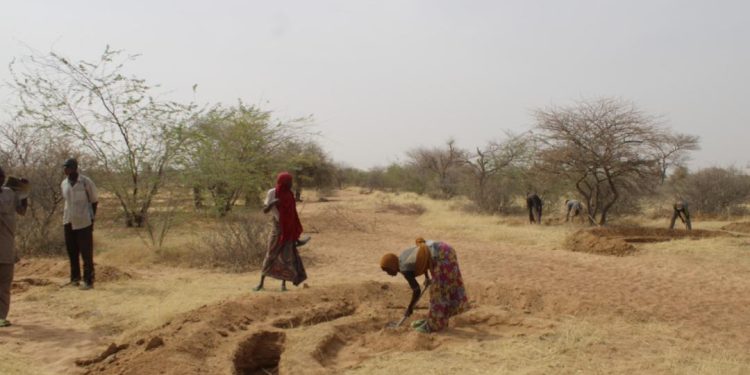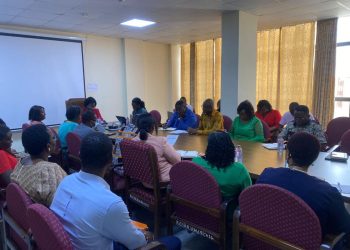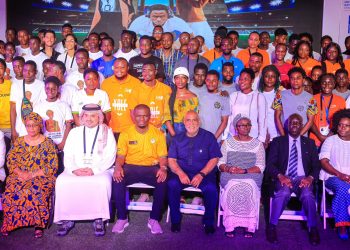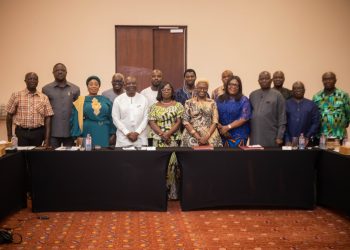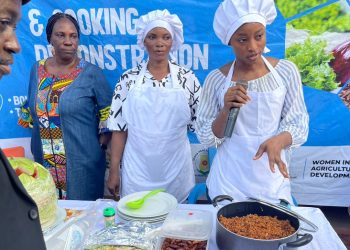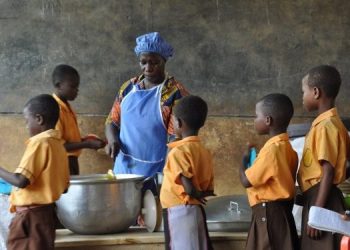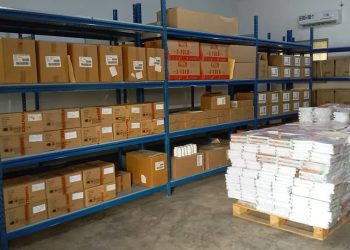Mama Hamza is a resilient farmer and herder in the town of Dan Gueza, located in Niger’s second-largest region, Zinder.
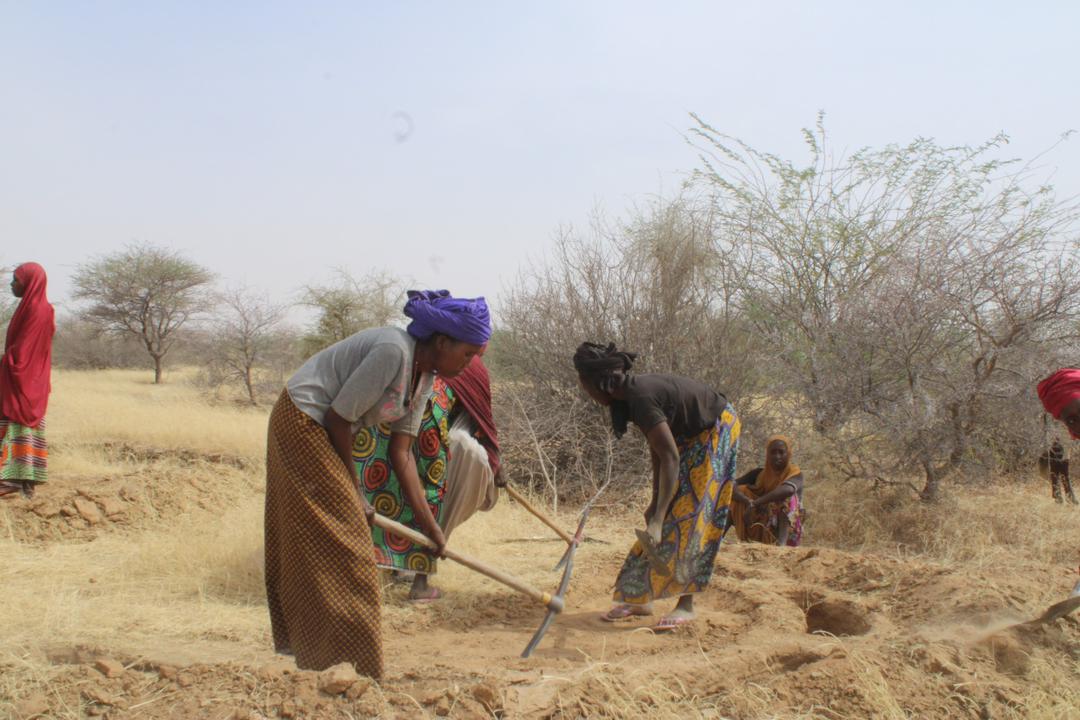
Despite the difficulties posed by climate change-induced land degradation, she would walk miles to feed her livestock, leaving her exhausted and hopeless. However, Mama Hamza’s life changed for the better when the World Food Programme (WFP) intervened.
The WFP partnered with Terres Eau Vie and Wadata to implement an innovative land restoration program using the half-moon technique. This technique revitalizes the environment and restores vegetation and forest covers on previously degraded land, ultimately reinforcing the resilience of communities.
In the last decade, climate change has intensified in Niger, leaving many communities struggling to ensure food security. Mama Hamza’s story is not unique, as countless families have been forced to migrate in search of greener pastures. However, the WFP’s intervention has significantly reduced this trend, benefiting farmers who can now depend on the vegetation to feed their livestock, while communities can sell the surplus for revenue.
Similarly, the people of Dantata, supported by the WFP, Food and Agriculture Organisation, and International Fund for Agriculture Development (IFAD), are ensuring food security.
This site, consisting of eight villages surrounded by palm trees, bushes, ponds, and broadleaf plants, demonstrates how communities can work with the land to provide for themselves.
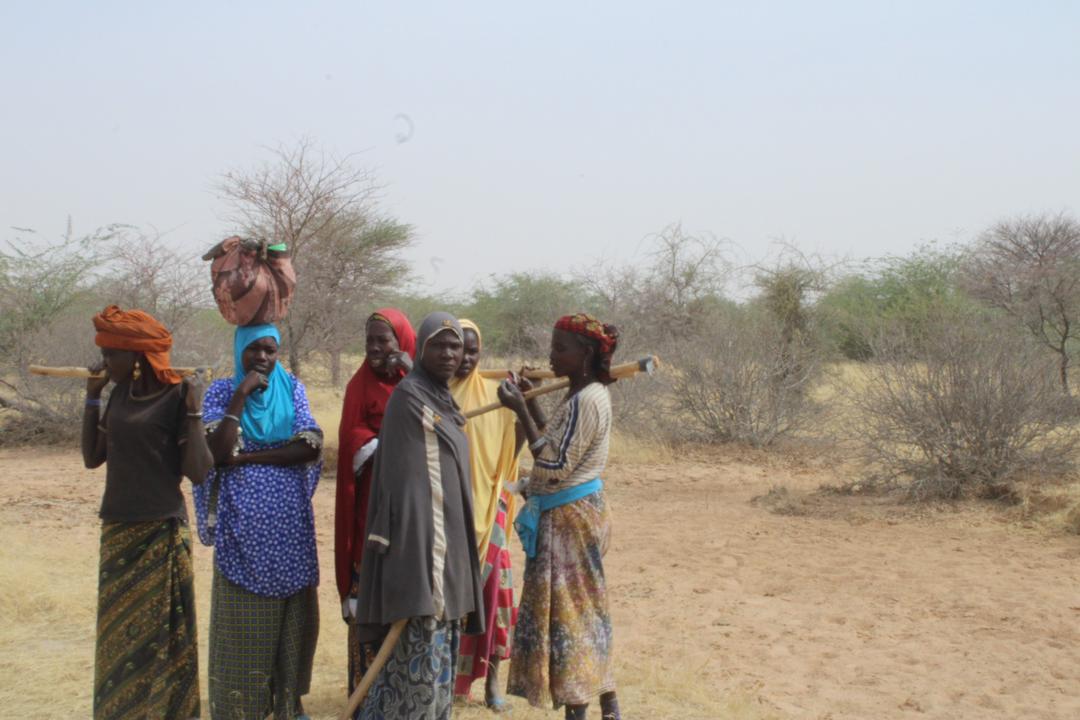
They have learned to cut and remove vegetation around the ponds, clear water levels, and make room for irrigated crops and fish farming.
The WFP, FAO, and FIDA support the people of Dantata throughout the year, reaching households, including children and pregnant and lactating women.
They distribute vegetable and rainfed cultivation seeds, provide training on modern cultivation practices, and support seed banks. The PRODAF Family Farming Development Programme, funded by FIDA, supports the fish farming component, biological pond protection, and farmer training and equipment.
Thanks to these initiatives, the people of Dan Gueza and Dantata no longer worry about their next meal, and migration due to a lack of livelihood is slowly becoming a thing of the past. People can finally look forward to a brighter future.






